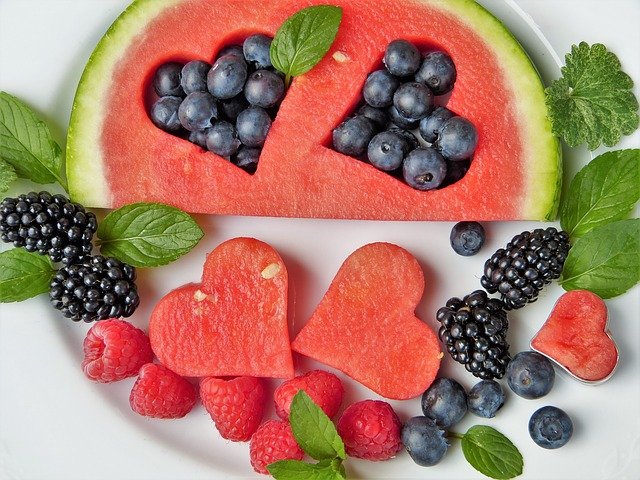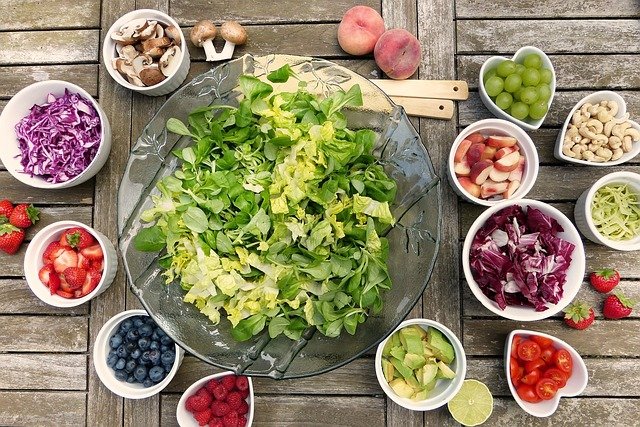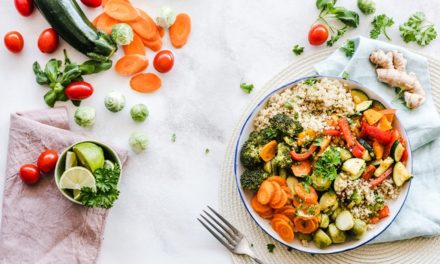
For a range of reasons, hundreds of thousands of people every year make the decision to cut meat out of their diet. Various studies say that most of these people end up reversing their decision, for reasons that range from convenience to lack of menu choice to nutrient deficiency, but the fact that they make the decision in the first place indicates that they have their reasons for wanting to change to a plant-based or meat-free diet.
It’s really up to you whether or not you want to give up eating meat. It is, in the end, a decision that you have to come to on your own terms, because only if you are sure about your decision is there any chance it’s going to stick. Below, we’re going to look at a few of the reasons people give for not giving up meat – and explain why they’re inaccurate. Whether this gives you the reasons you need for going meat-free is, again, up to you. These explanations, however, will help to debunk the inaccurate arguments you may hear.
“It’s natural to eat meat, and we need it to live”
To take the second half of this statement on its own terms, this just clearly isn’t true. On average, vegetarians live longer than meat-eaters. That doesn’t mean it’s objectively healthier not to eat meat, but it does mean it’s no less healthy in one pretty major way. For sure, meat-eating is natural, in that it occurs in nature, but humans don’t have the same dietary needs as lions or wolves. Animals such as cats are obligate carnivores, meaning they need to eat meat to live – but we are not cats, so that argument doesn’t hold.

“If you don’t eat meat, you’re not getting enough protein and you’ll get sick”
There is an old and persistent argument against non-meat diets that suggests that without meat as a source of protein, you’ll become feeble. Try telling that to Venus Williams or any of the multitudes of gifted athletes who are vegetarian or vegan. The truth is that there are plenty of sources of protein that aren’t meat, as this black bean burger recipe from Feasting at Home admirably illustrates. Consider also that – meat or no meat – some people simply don’t absorb the nutrients they should be getting from food, and for that very reason there are dietary supplements to make up the shortfall.
“Humans are top of the food chain, it’s right that we eat animals”
The idea of a food chain is something that occurs in nature. For example, an insect will feed on a plant, and itself be eaten by a frog. That frog may in turn be eaten by a snake, which will, if it’s not looking where it is going, then be eaten by a bird of prey. In truth, the way humans eat meat is not a circle of life. Animals are bred specifically for meat. Our first contact with a chicken may well be when it is roasted and served to us on a plate. We’re not serving Mother Nature by doing it, so there is no moral obligation on us to eat meat. Again, this doesn’t mean it’s essential to go meat-free; just that the reasons we are often given for doing so aren’t supported by facts.
Just to make it clear once more, none of the above reasons are statements that you should go meat-free. It’s a decision you need to make with all of the facts at your disposal. But if you were holding back because you weren’t sure the decision was healthy or moral, be assured that it is both.
This is a contributed post; for more information please visit our Privacy Policy.




